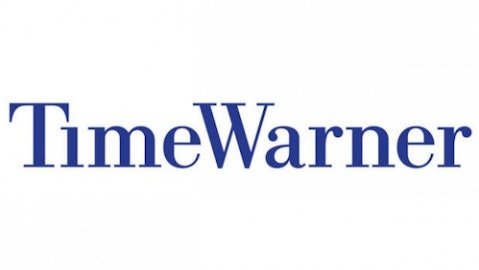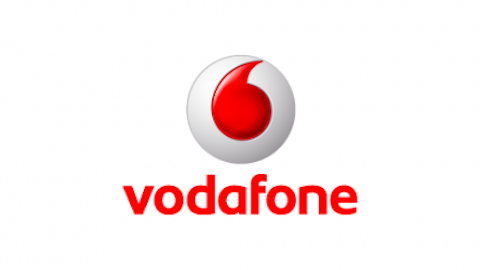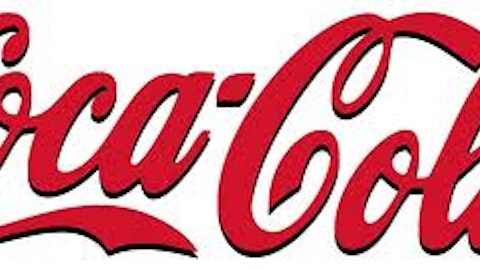Time Warner Inc (NYSE:TWX) recently entered into talks with a major private equity firm to spin off the bulk of its Time print-media division and continue on as a leaner, smaller firm that focuses more narrowly on visual and digital media. Although the talks have been described as “preliminary,” Time Warner has a clear impetus to shed this business. Even if the current talks amount to nothing, it seems likely that Time Warner’s days as a unified media conglomerate are numbered. Accordingly, the company’s shareholders stand to benefit in several ways. If the proposed deal does go through in its current form, it may close by the end of 2013.

New York-based Time Warner is a diversified media company that produces films, network television and print media products. It also operates a full-service cable television network that primarily serves customers in the New York region, the mid-Atlantic states, and certain areas of the industrial Midwest. Further, Time Warner Inc (NYSE:TWX) manages and creates content for several popular subscription-based television channels, including HBO and Showtime. It also sells DVDs, Blu-Ray discs, and other digital media hardware. In 2012, the company earned $3 billion on gross revenues of about $28.7 billion.
How the Deal Is Structured
The deal’s pricing and final terms have not yet been finalized. As such, it is difficult to provide current Time Warner shareholders with an accurate estimate of what they stand to gain from it. Judging by the market’s reaction to the news of the deal, more information is needed before investors can accurately judge its merits. Since its mid-February announcement, Time Warner’s shares have mirrored the broader market’s middling performance.
However, the deal’s basic contours have developed nicely. It now appears that Time Warner Inc (NYSE:TWX) will hold on to its iconic Time and Sports Illustrated magazine properties. It looks to retain control over Fortune as well. On the other hand, the company appears committed to ditching popular properties like People and InStyle. In general, Time Warner looks eager to move away from the volatile celebrity-gossip and personal-style markets and focus on its straight-news, personal finance and sports-analysis activities.
In any event, the spin-off will create a publicly-traded company in which private equity firm Meredith Capital will be a significant stakeholder. Since the private equity firm already owns a suite of lifestyle-focused magazines and media properties, this deal makes perfect sense for it. In effect, Time Warner will cede much of its female audience to Meredith while bolstering its male readership.
This deal is made considerably sweeter by the prospect of a significant post-transaction special dividend. According to sources familiar with the discussions between Time Warner and Meredith, the new company may take out a credit facility of as much as $1.7 billion in order to pay out this dividend. While an exact per-share figure has not yet been quoted, a $1.7 billion special dividend paid out equally among Time Warner’s 935 million outstanding shares would produce a per-share windfall of about $1.90.
Complications and Legal Issues
This deal will be subject to approval votes from Time Warner Inc (NYSE:TWX)’s board of directors and shareholders. Since the terms of the deal have not yet been finalized, its prospects for approval remain unclear. However, it is obvious that the print media industry is suffering through a period of secular decline. At the same time, Time and Sports Illustrated have a robust online presence that may enable them to weather the ongoing storm better than supermarket-shelf print publications. As such, this sale might actually be a savvy move. Since this fact will not be lost on Time Warner’s shareholders, most market-watchers expect the deal to pass muster.
Long-term Outlook and Prospects
This proposed spin-off is not likely to solve all of Time Warner’s problems. The company faces challenging market conditions for its media business and continues to suffer from the after-effects of its ill-advised merger with America Online (AOL). To make matters worse, signature properties like CNN have struggled to find an audience in an increasingly fragmented media environment.
Indeed, many market observers believe that Time Warner should take an even more aggressive approach to cut its losses. This would involve spinning off its entire Time division, divesting from print media entirely, and focusing on growth properties like Time Warner Cable.
Time Warner Inc (NYSE:TWX)’s problems are not unique. Competitors like the The New York Times Company (NYSE:NYT) and News Corp (NASDAQ:NWSA) face similar challenges. In fact, News Corp (NASDAQ:NWSA) is about to spin-off of its own print media and “old” journalism properties in order to focus on its television and digital businesses. News Corps’ print media assets to be spun-off includes big brands like the Wall Street Journal and the Sun Newspaper in the UK. It was recently announced that this spin-off will receive $2.6 billion is cash and no debt. Meanwhile, The New York Times Company (NYSE:NYT) has been mulling significant asset sales for years. The New York Times Company (NYSE:NYT) owns its trademark paper, plus other publications such as the International Herald Tribune, the Boston Globe, the Worchester Tribune & Gazette, in addition to their websites. They have a business that licenses and distributes electronic archive databases. In general, the print media space continues to consolidate in the face of declining readership figures and dwindling profits. As such, investors should assume that this latest spin-off will occur in some form.
As it currently stands, the proposed spin-off looks likely to provide Time Warner Inc (NYSE:TWX)’s shareholders with a juicy special dividend that could amount to 3 or 4 percent of the company’s market capitalization. Although its exact terms have not yet been finalized, it may provide a significant arbitrage opportunity as well. While the spun-off division’s long-term prospects are not yet clear, the short-term benefits of this deal are.
The article Spinning Off the Old and Keeping the New originally appeared on Fool.com and is written by Mike Thiessen.
Copyright © 1995 – 2013 The Motley Fool, LLC. All rights reserved. The Motley Fool has a disclosure policy.



